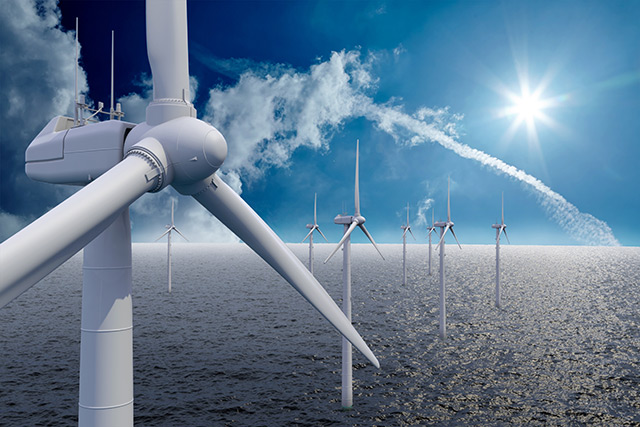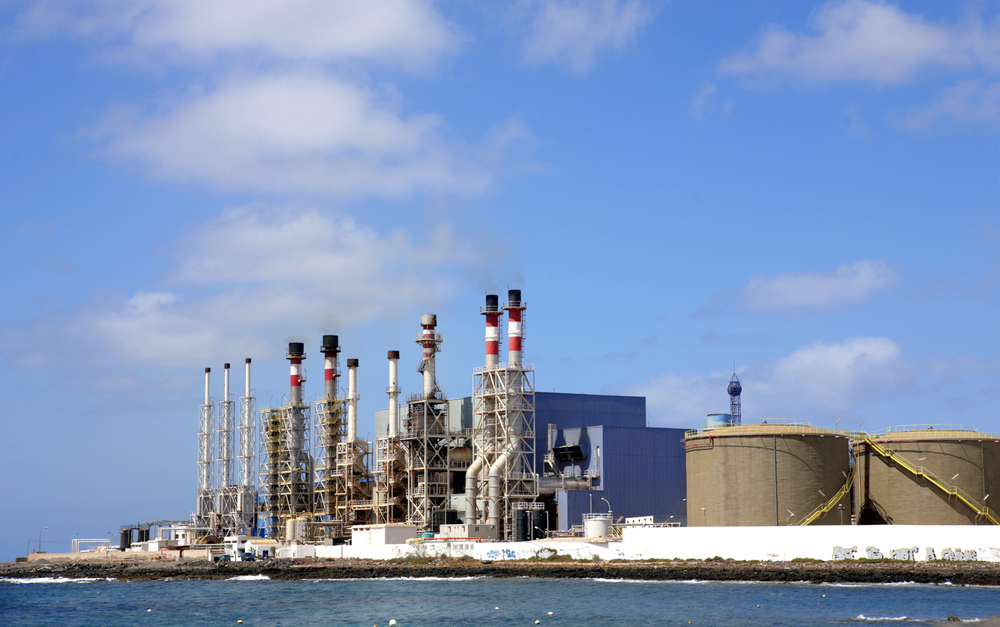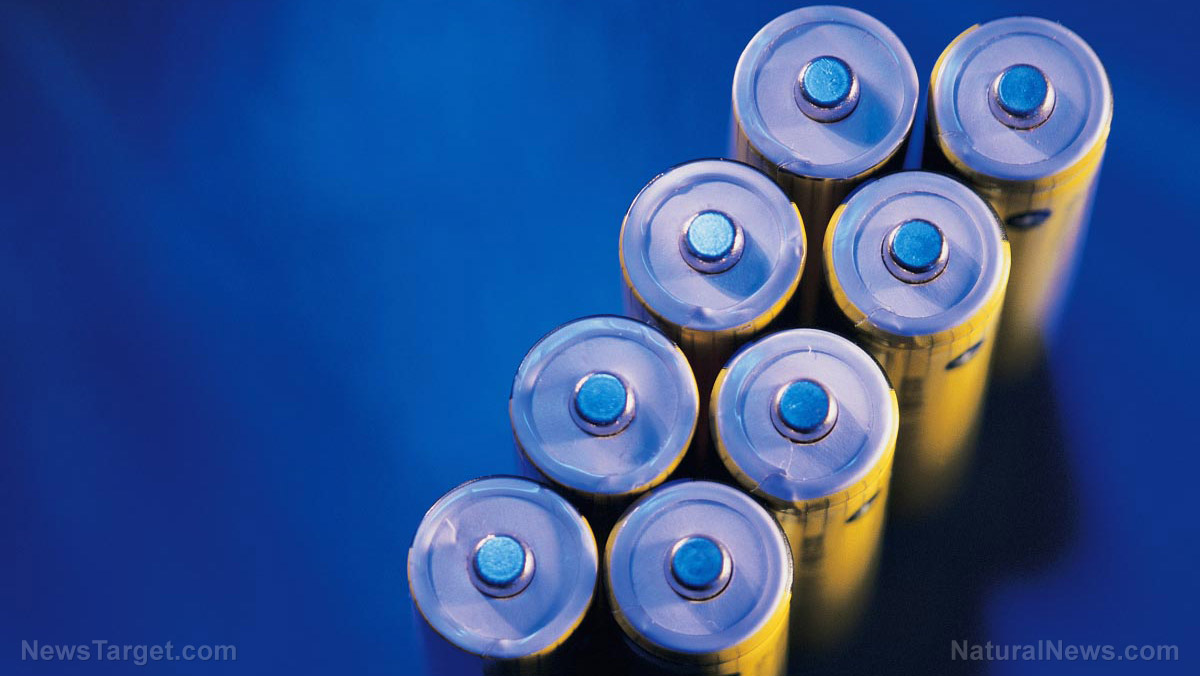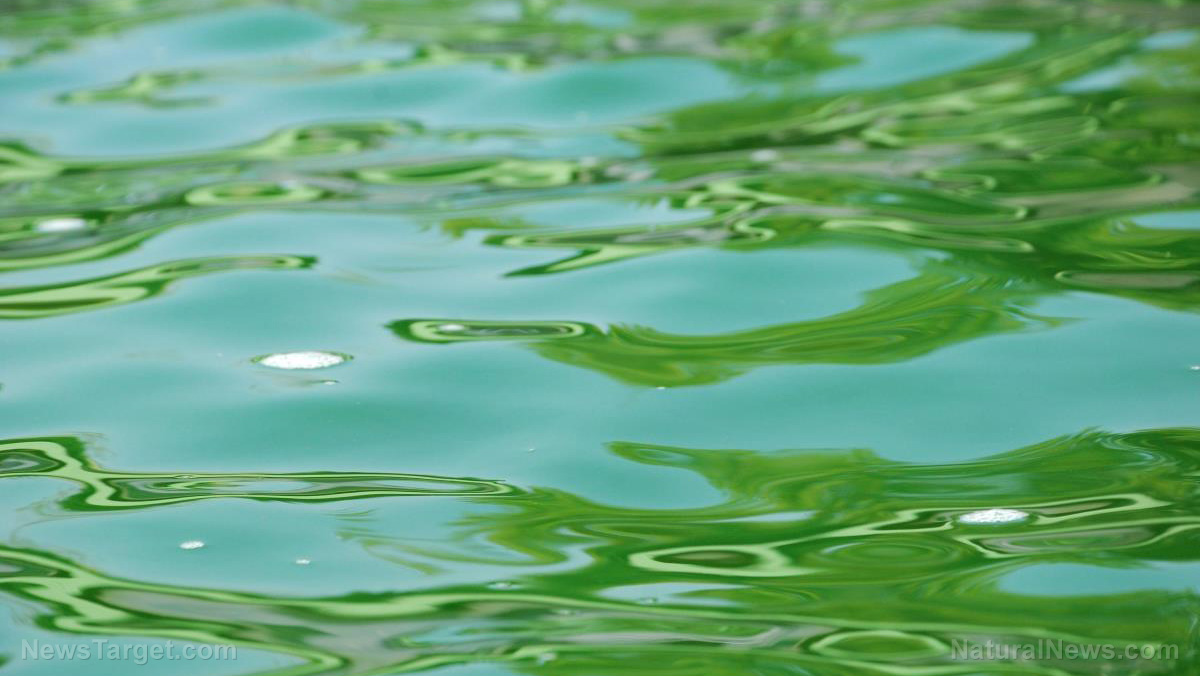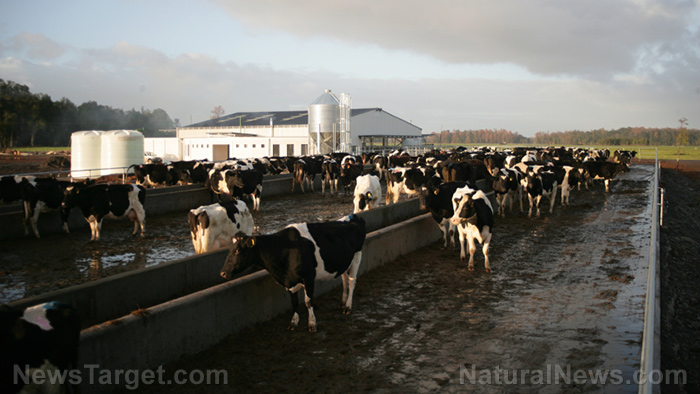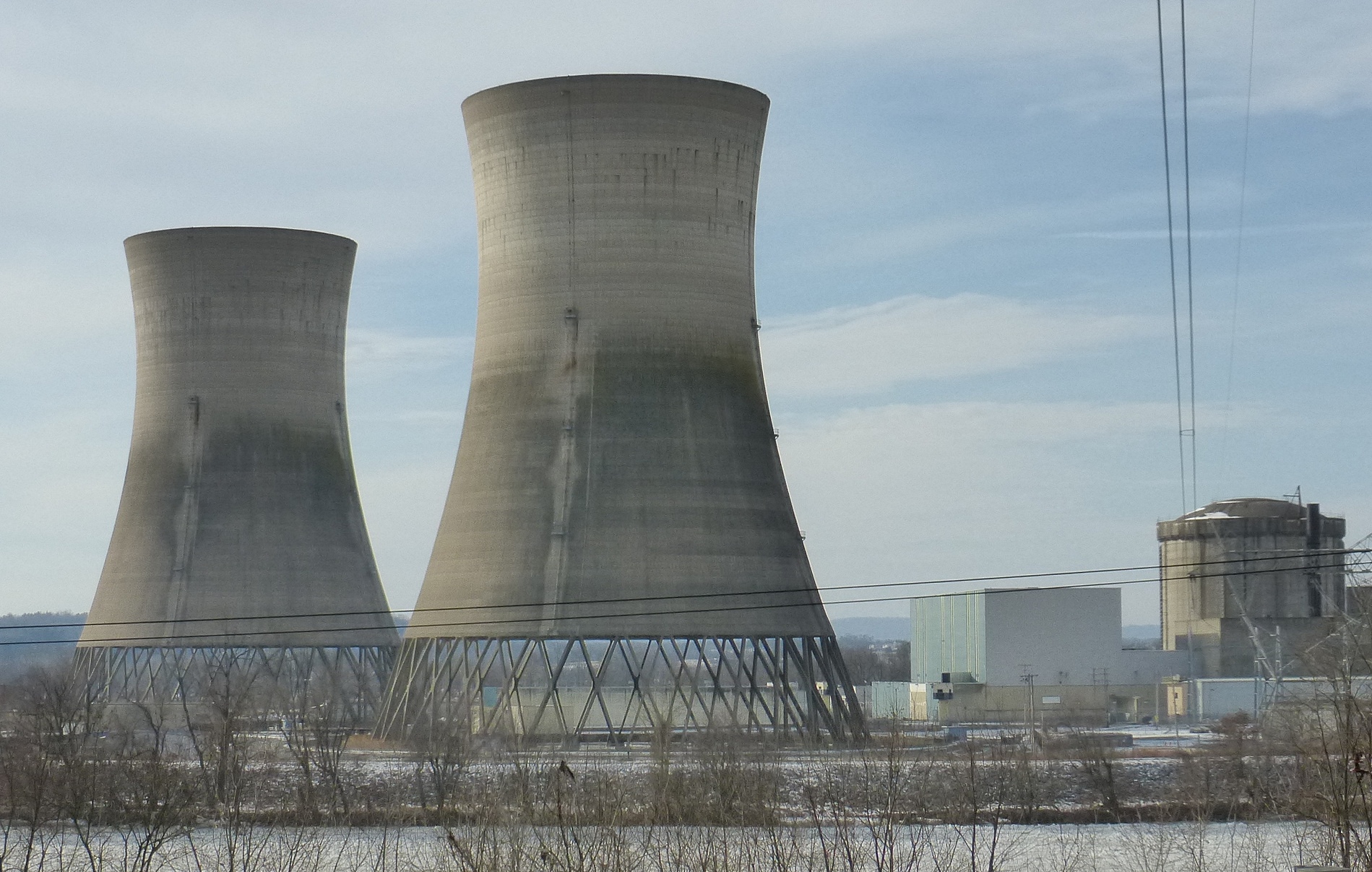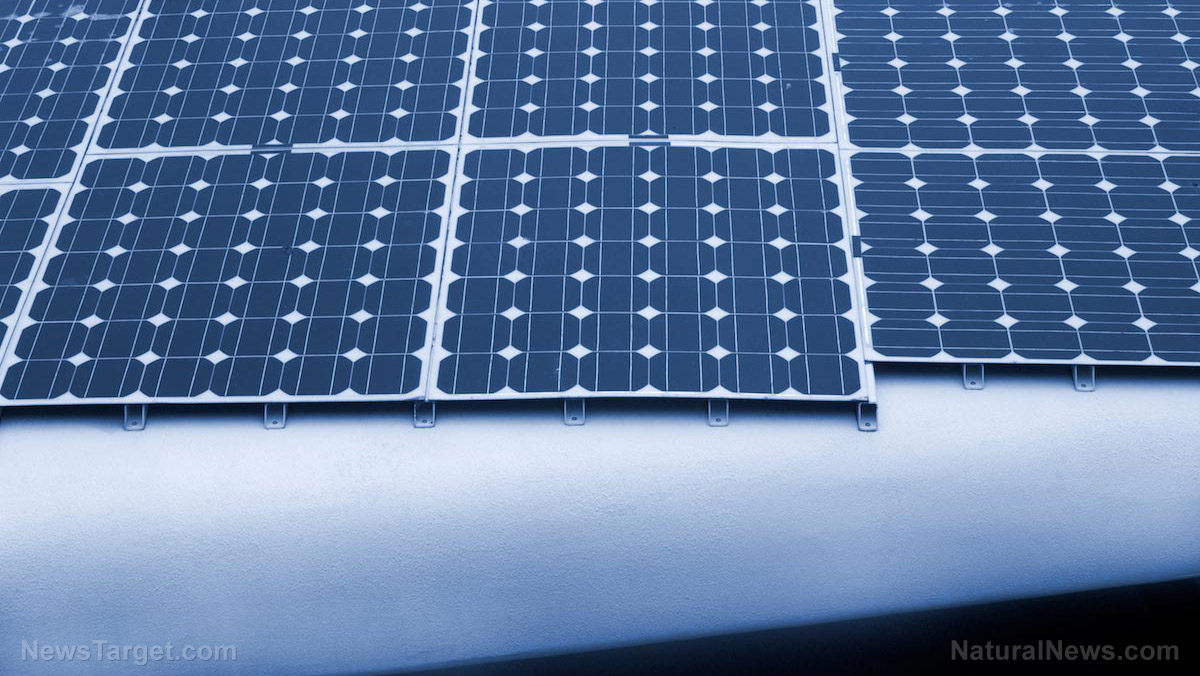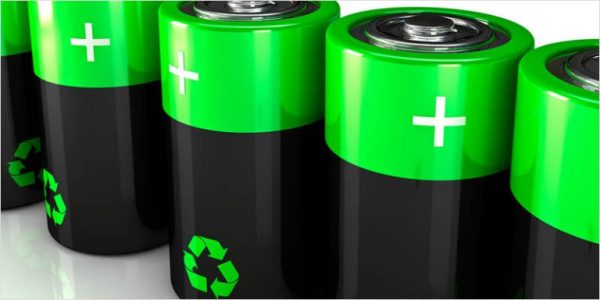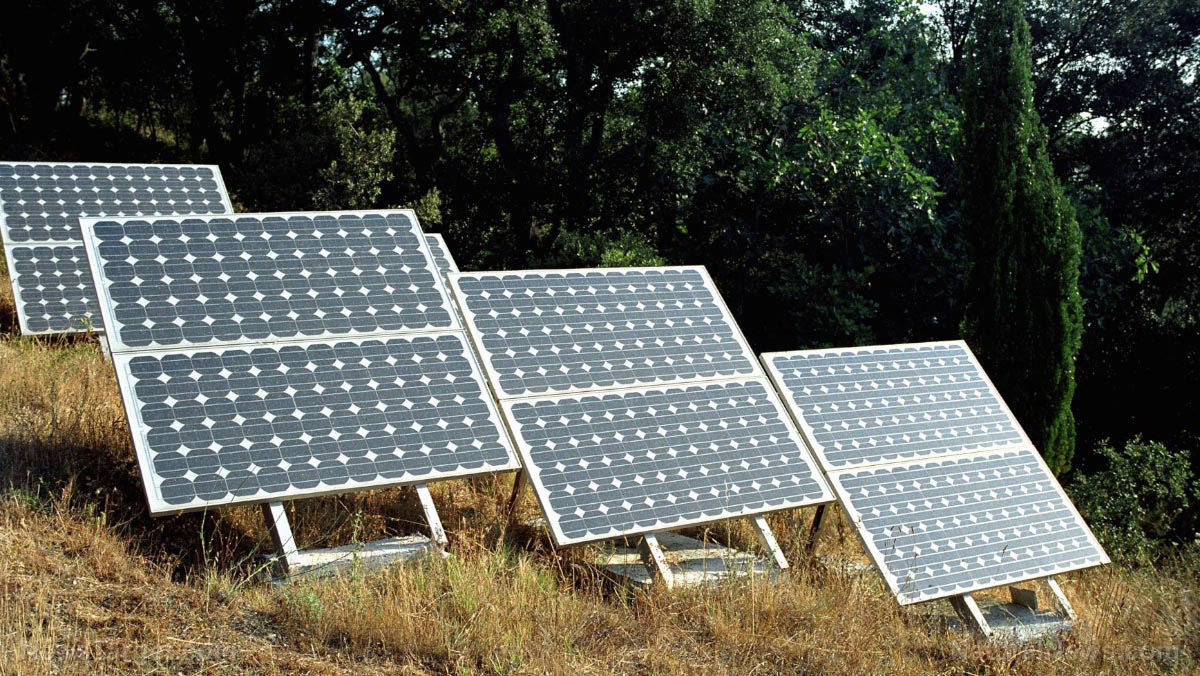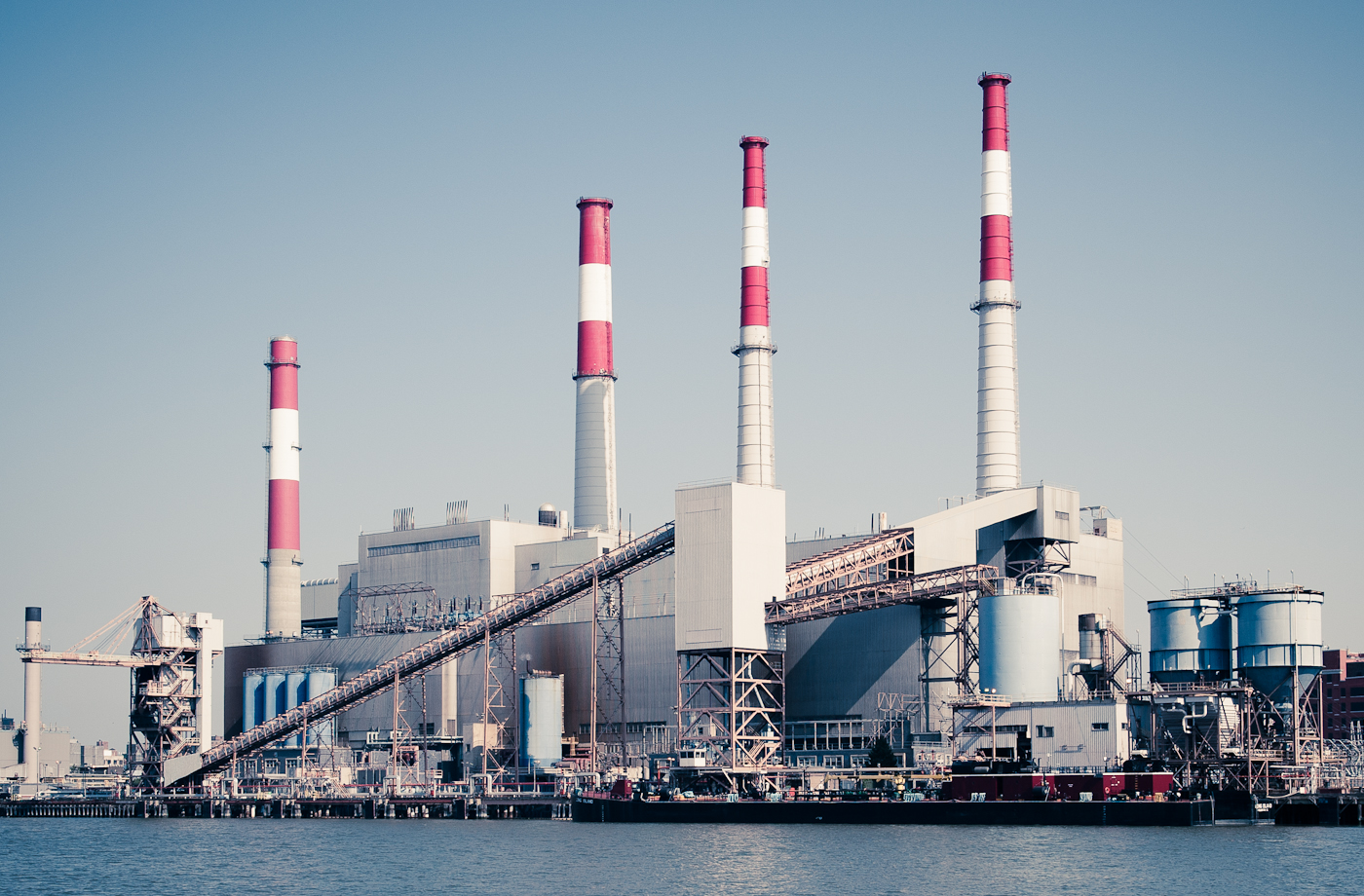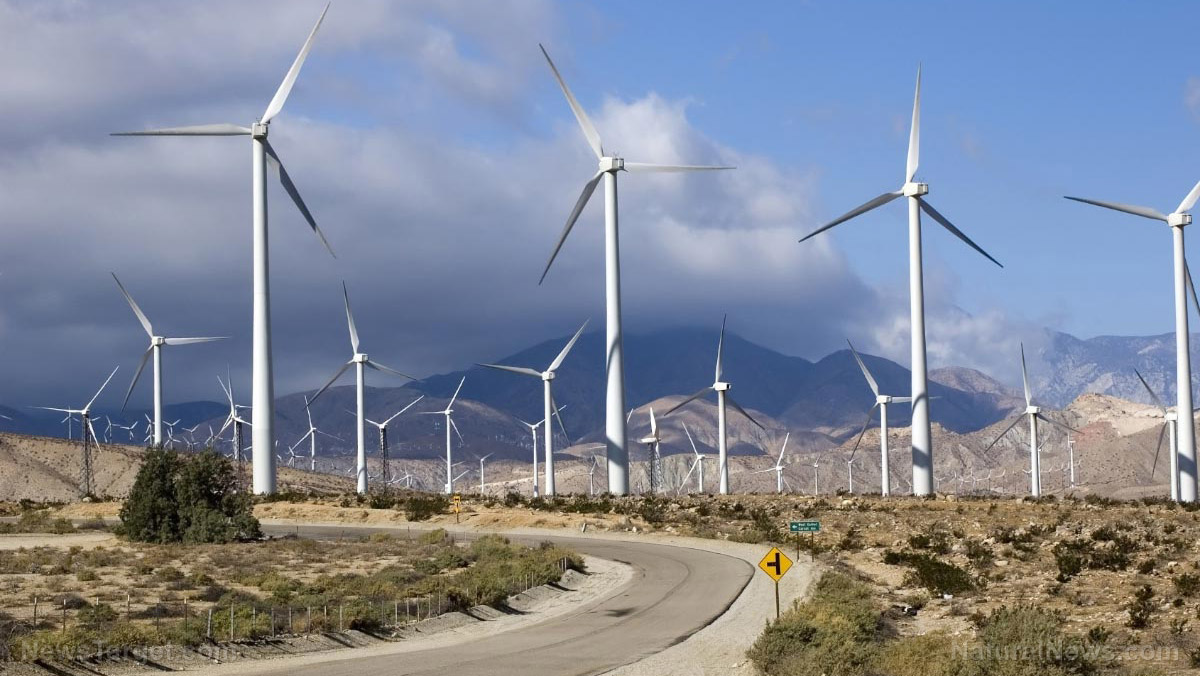Could evaporation provide power and conserve water supplies? Scientists are exploring how to harvest a new renewable energy source
09/30/2017 / By Russel Davis
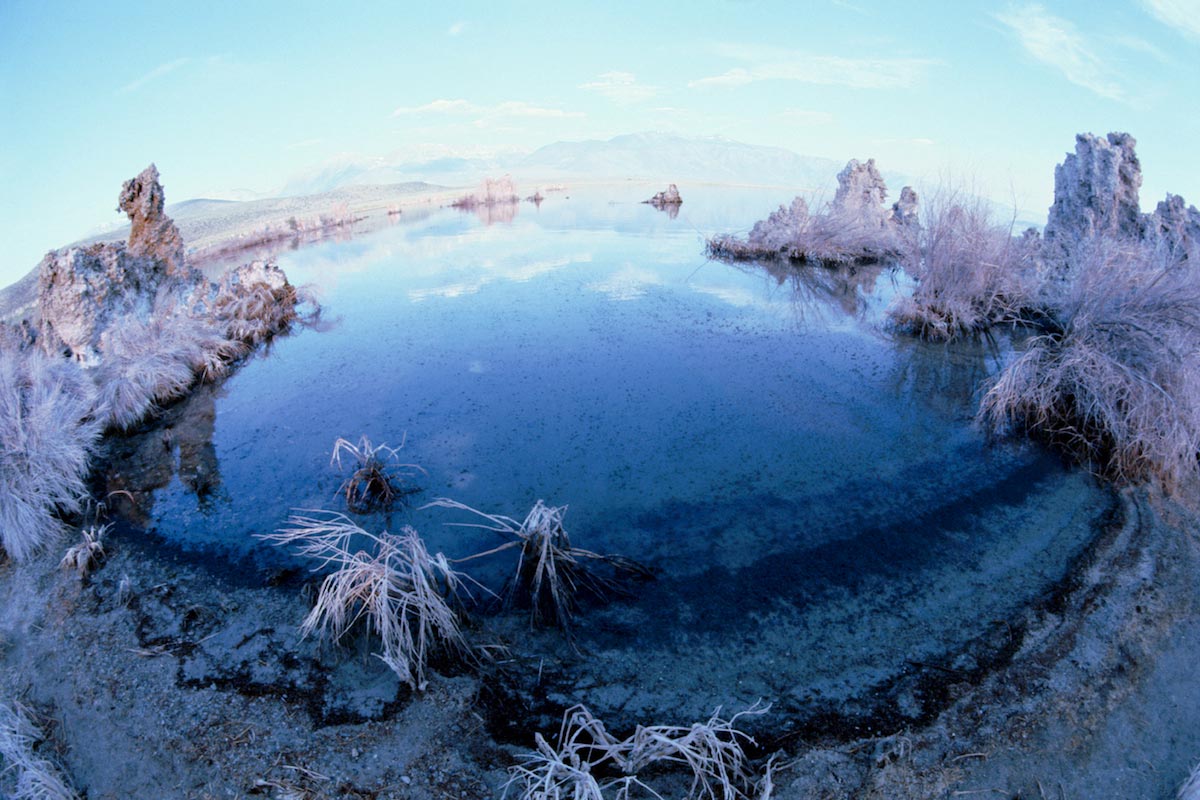
Evaporation shows potential as another source of renewable energy and may one day be harnessed to power nearly three-quarters of the United States, a study in the Nature Communications journal has revealed.
A team of researchers at the Columbia University has found that lakes and water reservoirs in the U.S. could generate as much as 325 gigawatts of power, which equates to as much as nearly 70 percent of the energy that the country currently produces. While devices capable of converting water evaporation into electricity are still underway, the researchers have noted that recent developments may well make this potential alternative energy source possible.
“We have the technology to harness energy from wind, water and the sun, but evaporation is just as powerful. We can now put a number on its potential,” study senior author Ozgur Sahin has stated in Science Daily online.
Sahin and his team are able to develop a device aptly called Evaporation Engine that helps harness energy from water vapor by using bacterial movement that correspond to changes in humidity. According to the researchers, the engine’s shutters either opened or closed in order to regulate moisture levels. This mechanism then triggers the expansion or contraction of bacterial spores. The resulting movements are then transferred to a generator and turned into electricity.
“By developing a model of how an evaporation-driven engine perturbs the evaporation rate, this work provides the first predictions on how these energy harvesters could optimally perform in the natural environment. Although these evaporation energy harvesters are in the early stages of development, recent advances water-responsive materials and devices suggest several pathways toward achieving the predicted performance levels. With advances in energy conversion performance, these materials and devices could potentially contribute toward solving energy and water related challenges,” the researchers have written online.
Harnessing evaporation may save water resources, experts say
Using evaporation as an alternative energy source may provide a number of benefits. According to the research team, one benefit of using the evaporation technology is controlled power generation, in which the process of harnessing energy is done only when it is needed. This marks a huge contrast against using solar or wind energy that requires batteries to provide power when the lack of sunlight and strong winds occur, the researchers have explained. (Related: Solar Panels Made With Toxic Lead May Soon Be Able To Use “Green” Element BISMUTH Instead.)
The scientists have also pointed out that using evaporation technology may well preserve the country’s water resources. The experts have estimated that as much as half of the evaporating water from sources such as lakes and reservoirs could be saved during the harvesting process. The research team has also found that their engine may potentially save 25 trillion gallons of water annually, which is equivalent to about a fifth of the water consumed in the U.S.
According to the research team, states with sunnier weather — such as California, Nevada, and Arizona — may obtain greater benefits as the evaporation process generates more energy in warm and dry conditions. However, the experts noted that using the evaporation technology may also impact water quality and recreation on lakes and other freshwater resources.
“These consequences would impose additional design and planning constraints on such systems that could reduce the area available for energy harvesting. However, the potential area available for open water energy harvesting is substantial – lakes and reservoirs cover at least 95,000 square kilometers (excluding the Great Lakes) of the contiguous U.S. – and are found across a geographically diverse range of locations… Some of these regions suffer from periods of water stress and scarcity, which might favor implementation of these energy harvesting systems due to the reduction of evaporative losses,” the researchers have stated in an article in The Independent.
Sources include:
Tagged Under: discoveries, energy, evaporation, green energy, power, renewable energy, water sources

